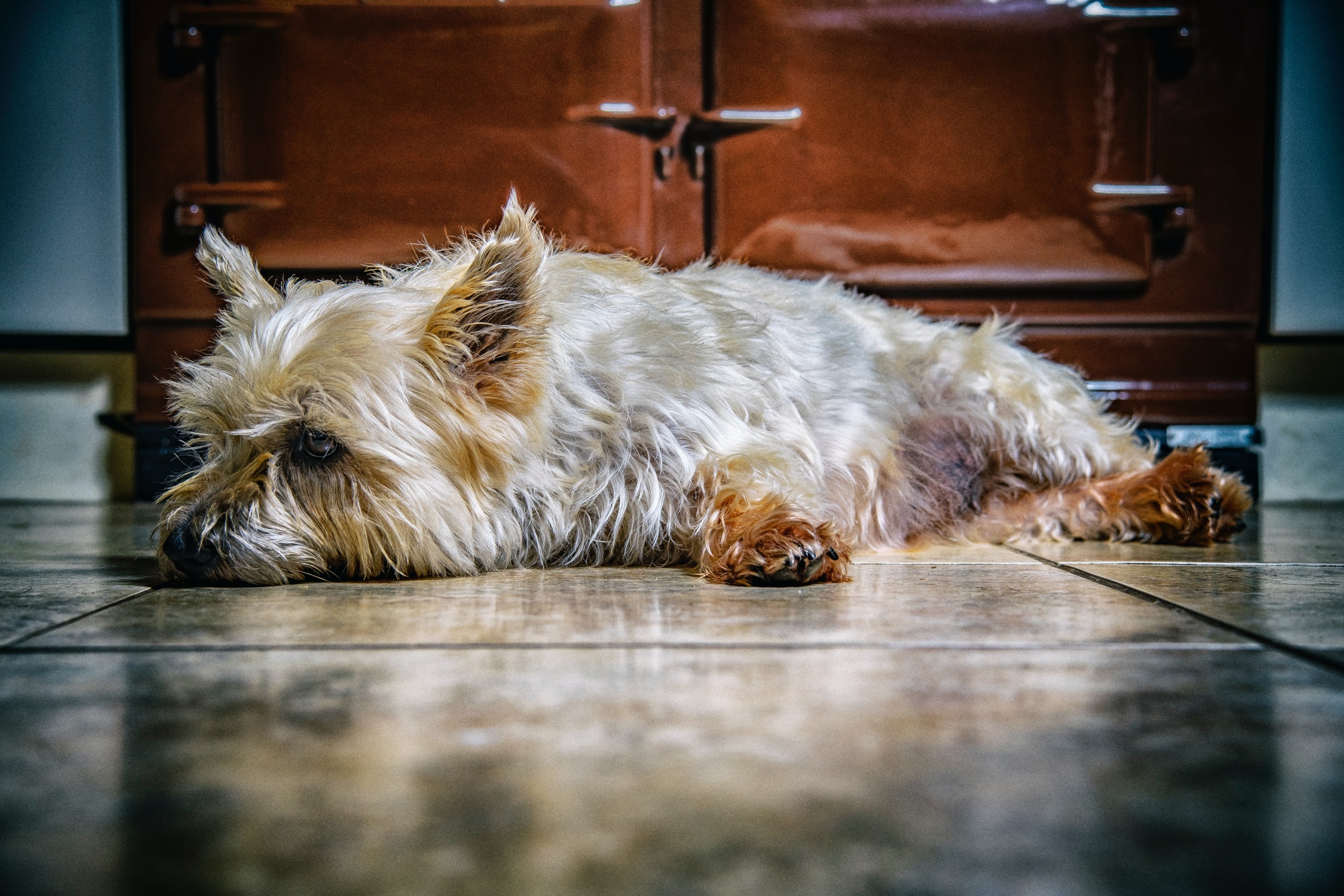
How To Deal With Behavior Problems In Yorkie Terriers
Dog behaviors problems are often misunderstood and mishandled by dog owners. Understanding these behavior problems is the first step to solving and preventing them. Yorkie’s are known for their tendency to bark, howl and whine. Many Yorkie behavioral problems arise from failing to receive proper care at a young age. In order to solve these problem behaviors in Yorkie’s it is important that owners understand the root cause of them.
Many Yorkie behavioral problems are due to a failure to receive proper care when very young.
1. Barking
Most Yorkie bark, howl and whine to some degree. Excessive barking is considered a behavior problem and one should understand the reason behind it. Barking is a common problem in Yorkies and it can be addressed by giving them proper care when young. Some of the most common types of barking are excessive, defensive/alarm bark that alerts their owners if someone approaches or attacks; territorial bark to protect territory such as its house (bedroom) from intruders; commanding which occur during training sessions with owner on what nots to do e.g., “No! Stop!” etc.; greeting for instance woof at strangers entering home or backyard; boredom barks while alone without much activity occurring around environment e.g., no visitors because they don’t have many friends visiting often? Consider teaching the bark/quiet commands. Be consistent and patient.
2. Chewing
Chewing is a natural action for all dogs, however it turns into an issue if they chew the wrong things. Yorkies in particular can be destructive when chewing on items that aren’t designated as acceptable to them. To encourage your dog not to destroy personal belongings and only chew their appropriate toys instead: keep items away from them at all times; correct with sharp noise then replace with toy immediately after finding out what has been chewed so you don’t have any issues later down the line; train consistently until good behavior becomes habit!
3. Digging
If given the chance, most Yorkie’s will do some amount of digging – it’s a matter of instinct. Yorkies are diggers by nature. Yorkies have a bit of a reputation for being a “Digger”. While not all Yorkies love to dig, many do. Determine the cause of digging and eliminate it, or set up an area where your Yorkie can dig freely. Be sure to keep other areas free from sand/loose dirt so your dog doesn’t spread that around the house.
4. Chasing
A Yorkie’s desire to chase moving things is simply a display of predatory instinct. Many Yorkies will chase other animals, people and cars. All of these can lead to dangerous and devastating outcomes. While you may not be able to stop your dog from trying to chase, you can take steps to prevent disaster.
Keep your dog on a leash at all times (unless directly supervised indoors).
Train your Yorkie to come when called. Stay aware and watch for potential triggers, like cats.
5. Jumping Up
Jumping up is often attention-seeking behavior, so any acknowledgment of your Yorkie’s actions provide a reward. The best method: simply turn away and ignore your dog. When he relaxes and remains still, calmly reward him.
6. Biting
Puppies bite and nip on other dogs and people as a means for exploring their environment and learning their place in the pack. Owners MUST teach their puppies that mouthing and biting are not acceptable. Owners can help decrease the tendency for any type of dog to bite through proper training, socialization and breeding practices.
7. Aggression
Yorkie aggression is exhibited by growling, snarling, showing teeth, lunging and biting. Canine aggression can be a serious problem so consult your vet to see if there is an underlying health problem or seek the help of an experienced dog trainer.





